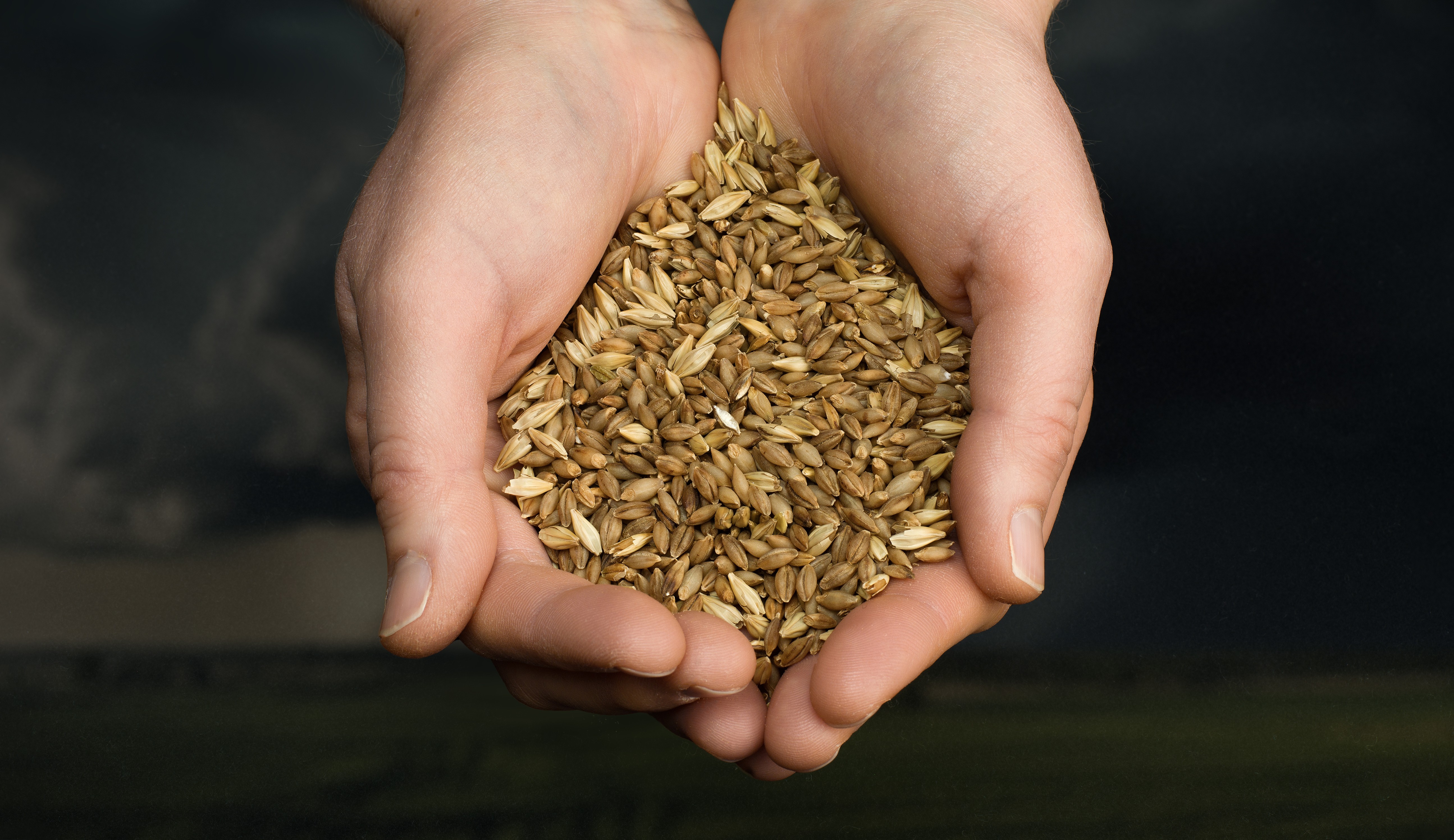Rosie Bishop first recipient of Hernes-CAS Mobility Grant
CAS is delighted to announce that Rosie (Rosemary Rhiannon) Bishop, Associate Professor at the Museum of Archaeology, University of Stavanger (UiS) has been selected as the first recipient of the Hernes-CAS Mobility Grant.

Rosie will conduct her research project on ancient farming productivity during a residency at CAS's sister institution, the Swedish Collegium for Advanced Study (SCAS) in Uppsala.
Launched in collaboration with Gudmund Hernes, the Hernes-CAS Mobility Grant represents an exciting new initiative to strengthen international research connections and enhance collaborative opportunities for our fellows. The grant offers former CAS PIs fully funded residencies of up to five months at either the Swedish Collegium for Advanced Study (SCAS) in Uppsala or The Paris Institute for Advanced Study (Paris-IAS).
How productive were ancient farms?

Can you imagine being able to peer back in time thousands of years to discover how well farming fed and sustained past communities? Well, Rosie’s research project aims to do exactly that! By studying ancient, charred cereal grains found at archaeological sites across Scandinavia and Scotland she will examine the productivity of farming and how it varied through time and according to different farming practices and environmental shifts.
For many decades, archaeologists have been finding cereal grains preserved at prehistoric sites dating back as far as 4000 BC. These charred remains of barley, wheat and other crops and the associated crop weeds, have typically been used to identify what past people grew and how, but their physical dimensions— often carefully recorded in archived reports—have been given far less attention.
A trove of forgotten data
Rosie came upon this opportunity during her study of prehistoric agriculture at CAS. While analyzing data from over 150 archaeological sites, she realized that grain measurement data—sitting unused in reports and archives—could unlock entirely new insights into ancient farming.
Recent studies show that grain size directly correlates with crop productivity and quality, meaning archaeologists can essentially estimate whether there were shifts through time in terms of how much food ancient farmers could produce. By applying modern agricultural science to these measurements, researchers can now estimate ancient crop productivity with unprecedented accuracy. "This data has largely been ignored in studies about past farming, and by bringing all this data together we can gain new insights into past farmers livelihoods," Rosie notes.
Why ancient farming matters today
As we face mounting challenges in terms of food security and climate change in the 21st century, understanding how our ancestors adapted their farming practices to environmental stress could provide important knowledge for sustaining future communities.
The study will examine how prehistoric farmers dealt with climate downturns and challenging growing conditions across a wide geographic area from Atlantic Scotland to southern Scandinavia, covering the period from roughly 4000-0 BC. Did they develop innovative risk management strategies? Were some regions more resilient than others? And just how did crop productivity vary across different time periods and locations?
By understanding how prehistoric farmers successfully navigated climate variability and maintained food security over millennia, this research could potentially inform modern approaches to sustainable agriculture and climate adaptation.
Rosie's selection as the inaugural fellow marks the beginning of what promises to be a prestigious new addition to the CAS portfolio.
Sometimes the solutions to our future problems lie buried in our past, and through the Hernes-CAS Mobility Grant, Rosie will have the ideal conditions to uncover these ancient insights at one of Europe's leading institutes for advanced study. Rosie comments, “I’m extremely excited to have the opportunity to continue my research into ancient farming practices in Uppsala, the birthplace of modern plant taxonomy. I greatly look forward to meeting the other fellows and discussing the wider interdisciplinary dialogues linking to the project, in terms of sustainable agriculture and societal resilience past and present. I would like to thank the Centre for Advanced Study in Oslo and the Swedish Collegium for Advanced Study for this amazing opportunity.”
We extend our warmest congratulations to Rosie, and look forward to following the project!